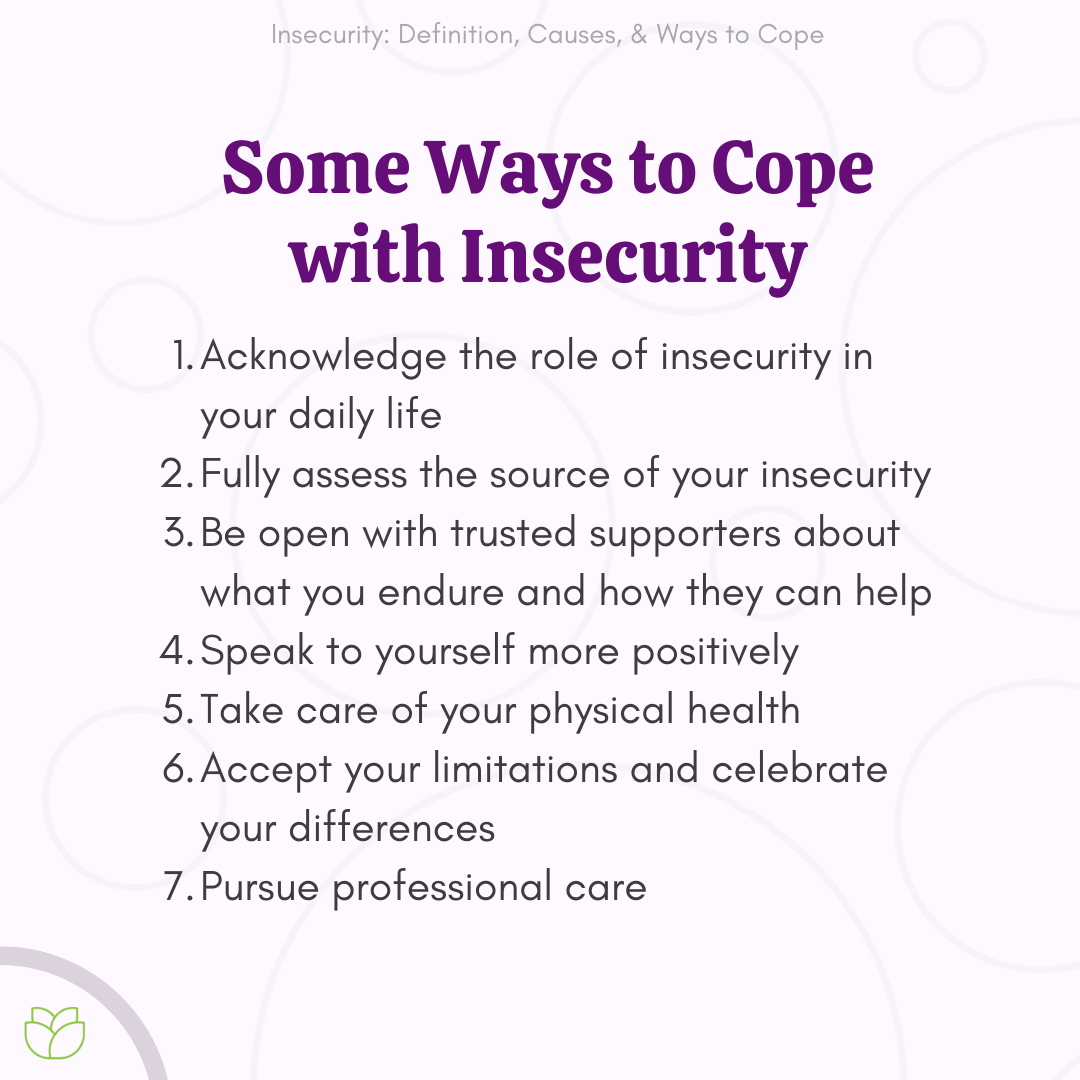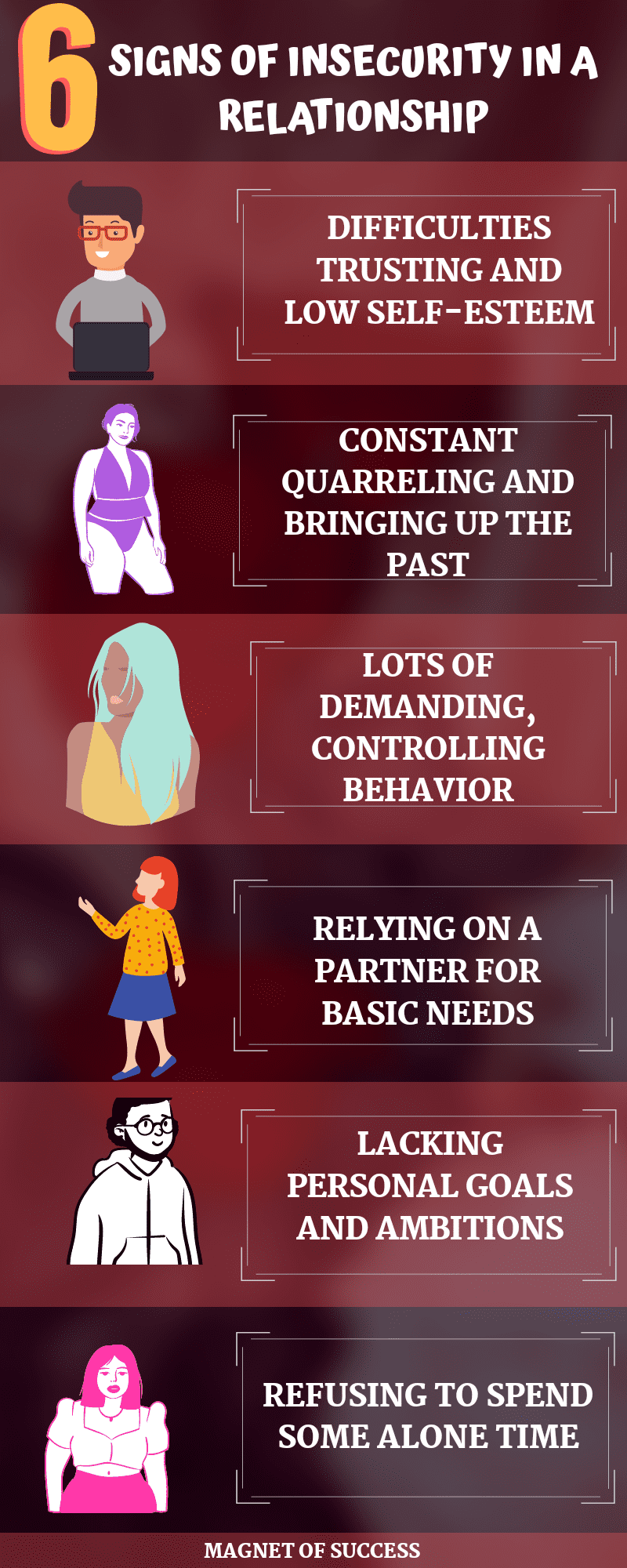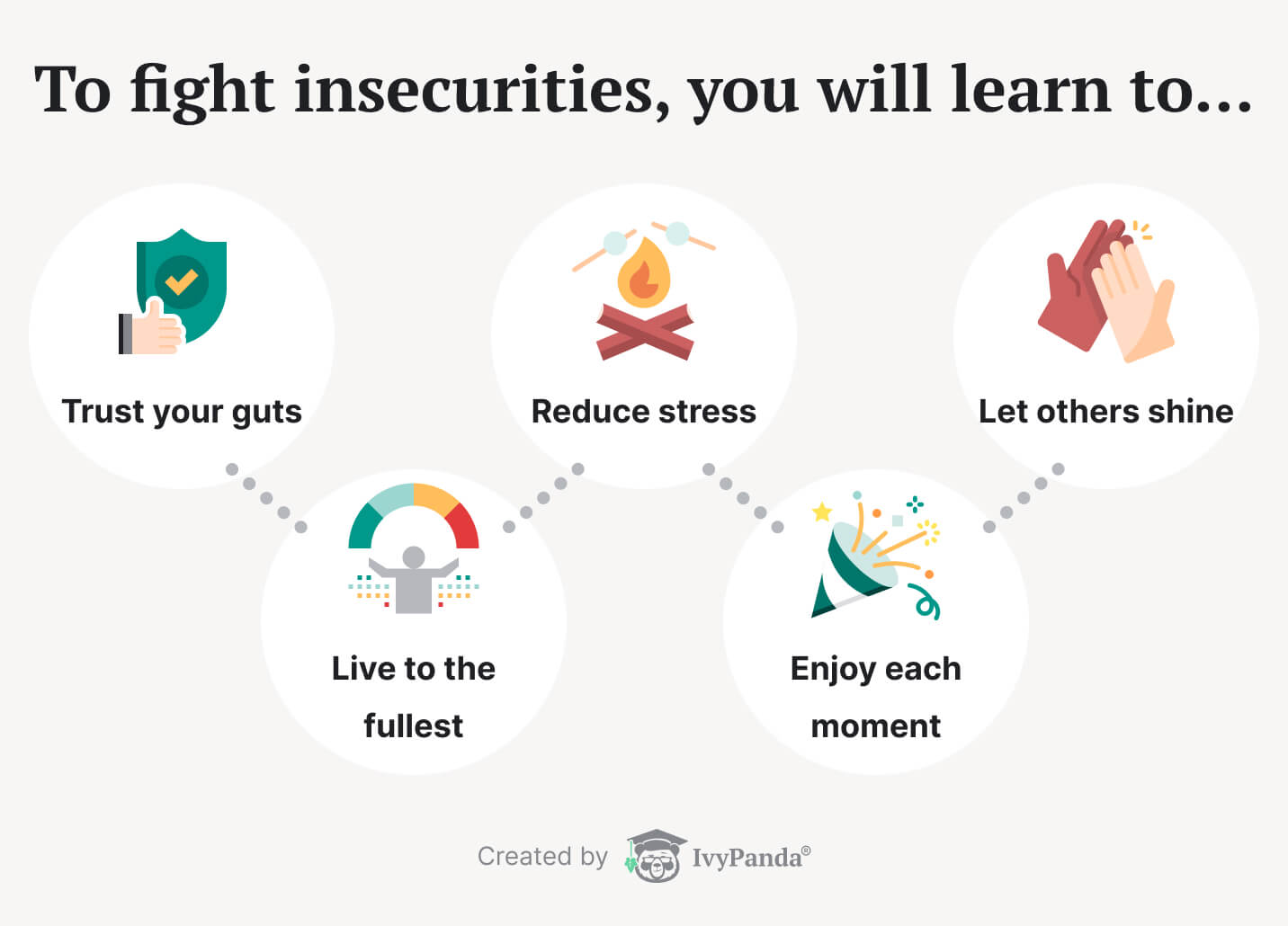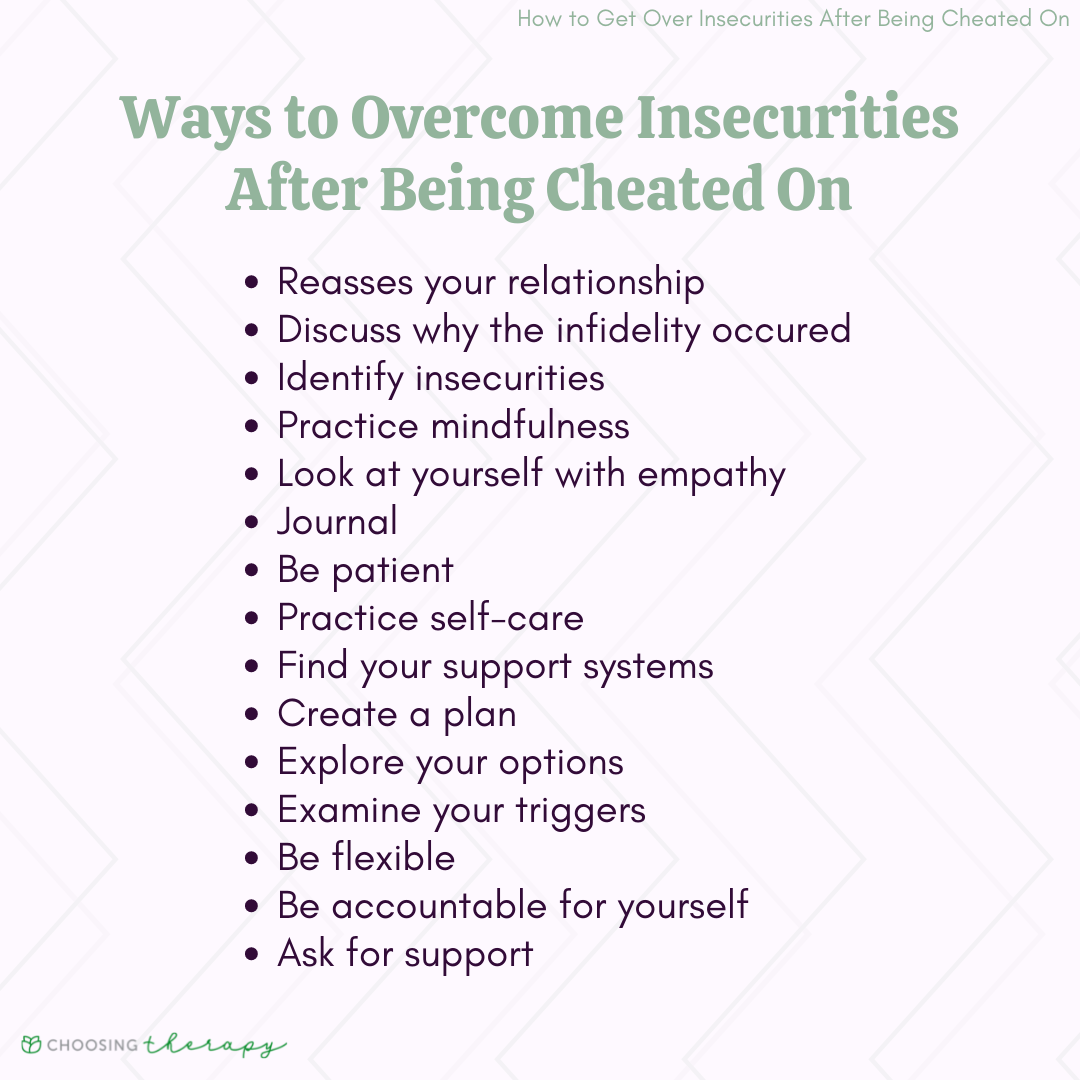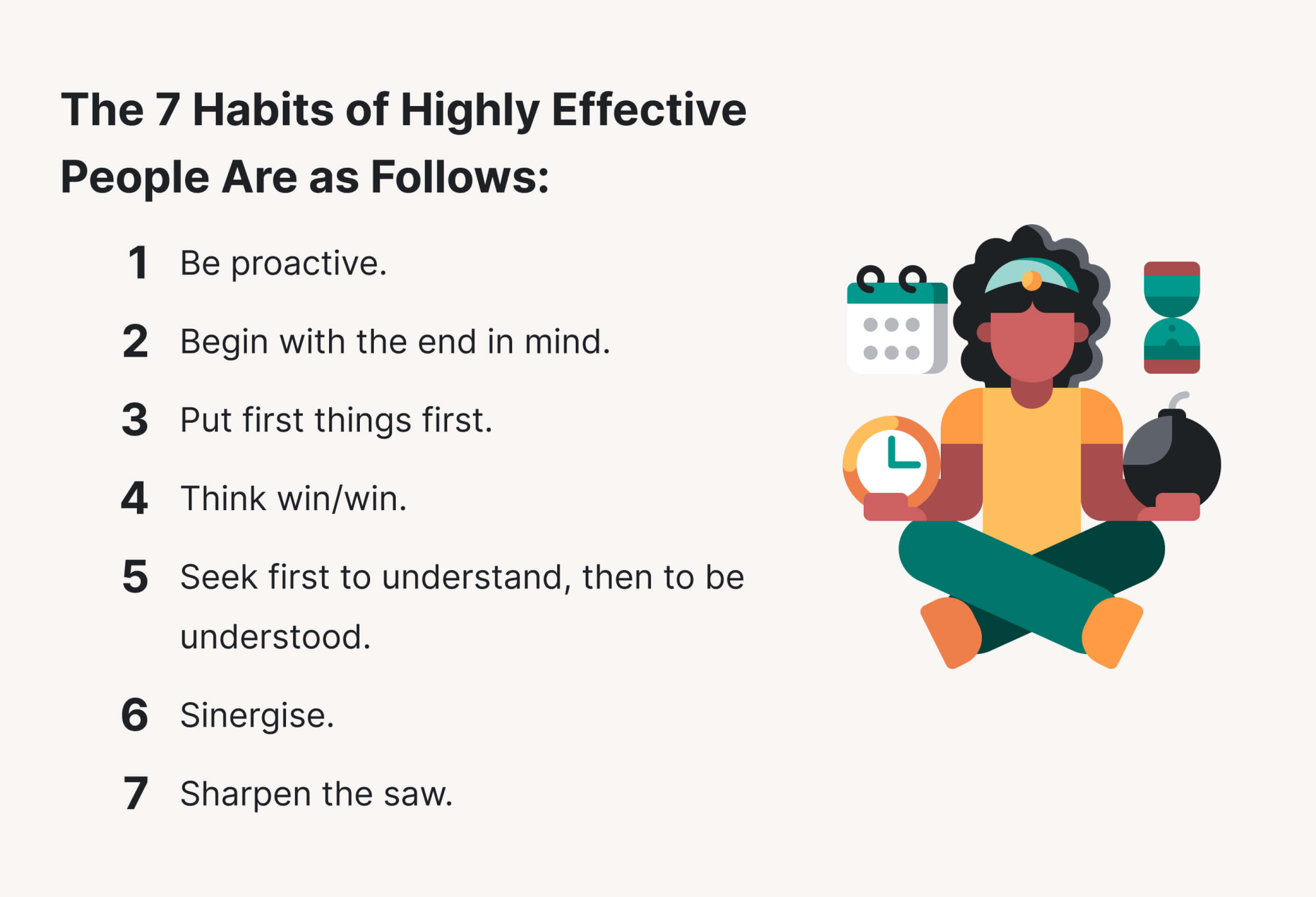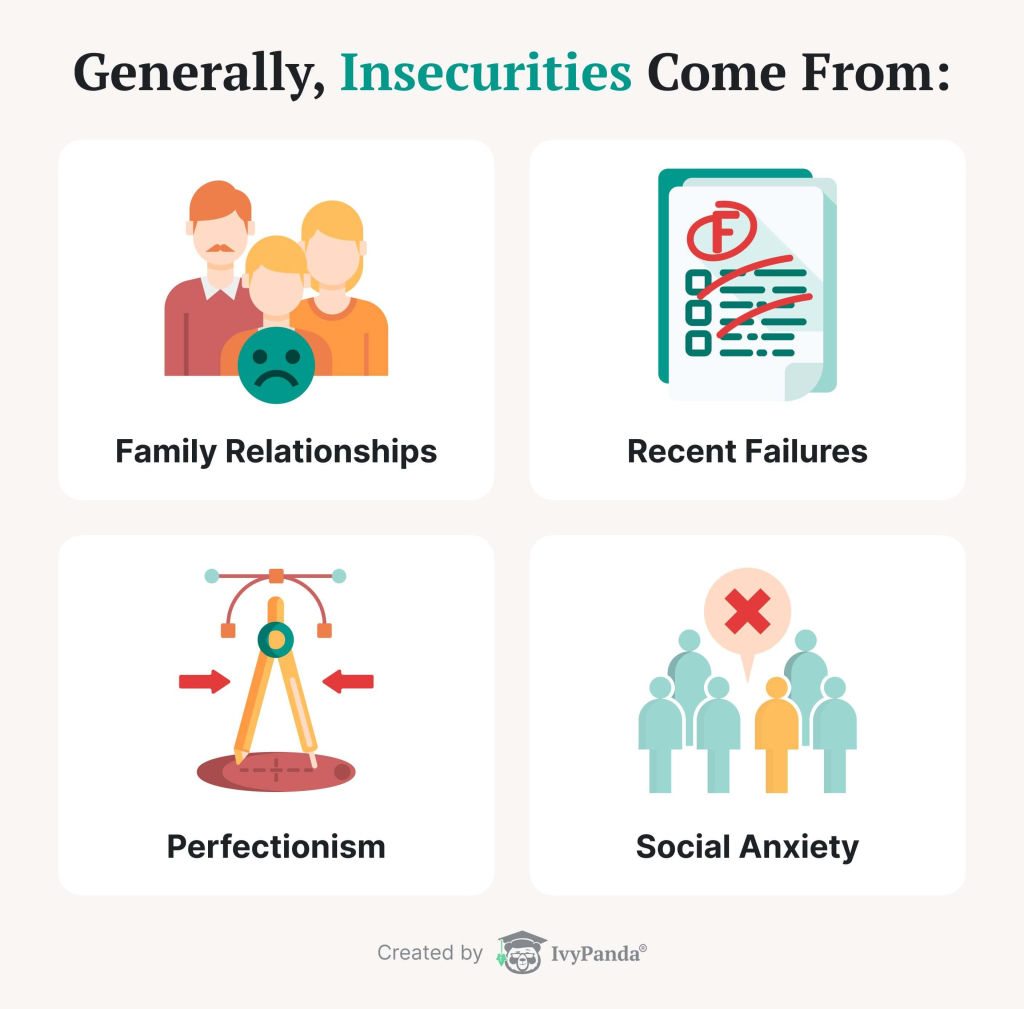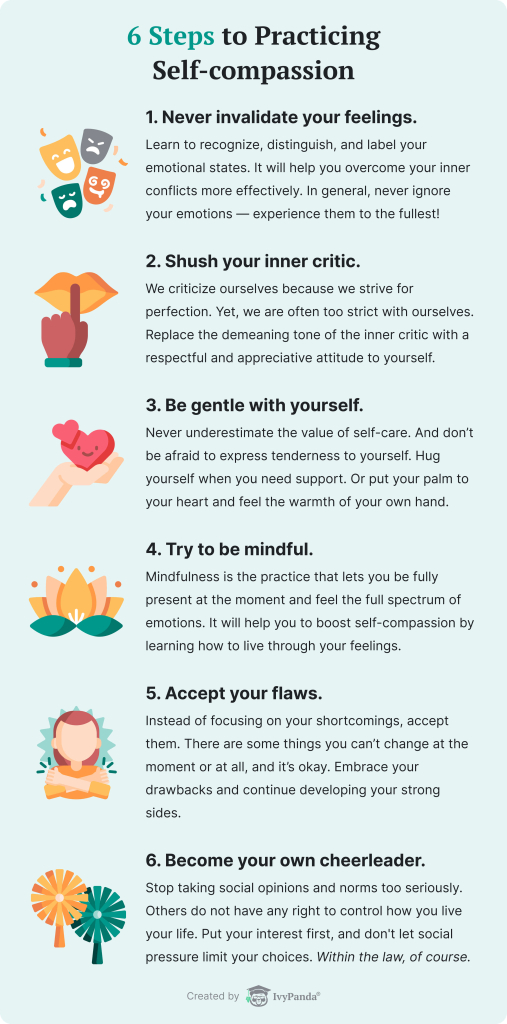How Do You Get Rid Of Insecurities

Imagine standing on the edge of a diving board, the water shimmering below, inviting yet daunting. A knot tightens in your stomach. It's not just the height; it's the fear of how you'll look, if you'll execute the dive perfectly, or if everyone will laugh. This feeling, familiar to many, is the insidious grip of insecurity. It whispers doubts, magnifying flaws and overshadowing strengths.
But take heart, because conquering insecurity is a journey, not a destination. It requires self-awareness, compassion, and a willingness to challenge the negative narratives we often tell ourselves. This article explores practical strategies to dismantle insecurities and cultivate a stronger sense of self-worth.
Understanding the Roots of Insecurity
Insecurity often stems from early childhood experiences, societal pressures, or past traumas. Perhaps a critical parent instilled a fear of failure, or social media perpetuates unrealistic beauty standards, creating a constant feeling of inadequacy. Recognizing these triggers is the first step towards healing.
According to a study published in the Journal of Personality and Social Psychology, individuals who reported experiencing significant criticism or rejection in their formative years were more likely to develop insecurities later in life. These early experiences can create deep-seated beliefs that we are not good enough, lovable, or capable.
Challenging Negative Thoughts
Insecurities thrive on negative self-talk. Thoughts like "I'm not smart enough" or "No one likes me" become ingrained patterns, reinforcing a negative self-image. It's crucial to challenge these thoughts with logic and evidence.
Start by identifying the specific insecurities that plague you. When you notice a negative thought arising, ask yourself: Is there any evidence to support this thought? What's the worst that could happen if this thought were true? Can I reframe this thought in a more positive or neutral way?
Cognitive Behavioral Therapy (CBT) offers valuable techniques for managing negative thoughts. CBT helps you identify and challenge distorted thinking patterns, replacing them with more realistic and balanced perspectives. Seeking guidance from a therapist trained in CBT can be incredibly beneficial.
Cultivating Self-Compassion
One of the most powerful antidotes to insecurity is self-compassion. This involves treating yourself with the same kindness, understanding, and acceptance you would offer a dear friend. It means acknowledging your imperfections without judgment and recognizing that everyone makes mistakes.
Dr. Kristin Neff, a leading researcher in self-compassion, emphasizes the importance of three key elements: self-kindness (treating yourself with warmth and understanding), common humanity (recognizing that suffering and imperfection are part of the human experience), and mindfulness (observing your thoughts and feelings without judgment). Practicing self-compassion can help you break free from the cycle of self-criticism and build a stronger sense of self-worth.
Focusing on Strengths and Accomplishments
Insecurities often lead us to fixate on our perceived weaknesses, while neglecting our strengths and accomplishments. Make a conscious effort to focus on your positive qualities and celebrate your successes, no matter how small.
Keep a journal where you regularly record your achievements, big and small. Reflect on your skills, talents, and positive traits. Ask trusted friends or family members to share what they admire about you. These exercises can help you build a more balanced and realistic view of yourself.
Taking Action and Facing Fears
Insecurities can hold us back from pursuing our goals and dreams. It’s important to remember that confidence comes from taking action, even when you feel afraid. Start small, gradually pushing yourself outside of your comfort zone. Each step you take will build your confidence and diminish the power of your insecurities.
If you're afraid of public speaking, start by practicing in front of a small group of friends or family members. If you're insecure about your appearance, challenge yourself to wear something you love and embrace your unique style. Remember, progress, not perfection, is the goal.
Building a Supportive Network
Surrounding yourself with supportive and positive people can make a significant difference in your journey to overcome insecurity. Seek out friends, family members, or mentors who believe in you and encourage your growth. Avoid spending time with individuals who are critical, judgmental, or drain your energy.
According to research from the American Psychological Association, strong social connections are essential for mental well-being and can buffer against the negative effects of stress and insecurity. Sharing your struggles with trusted individuals can provide emotional support and help you gain valuable perspective.
Remember, you're not alone in your struggles. Many people grapple with insecurities, and it's okay to seek help when you need it. Consider joining a support group or seeking therapy to address underlying issues and develop coping strategies. The important thing is to take proactive steps to build a more confident and fulfilling life.




